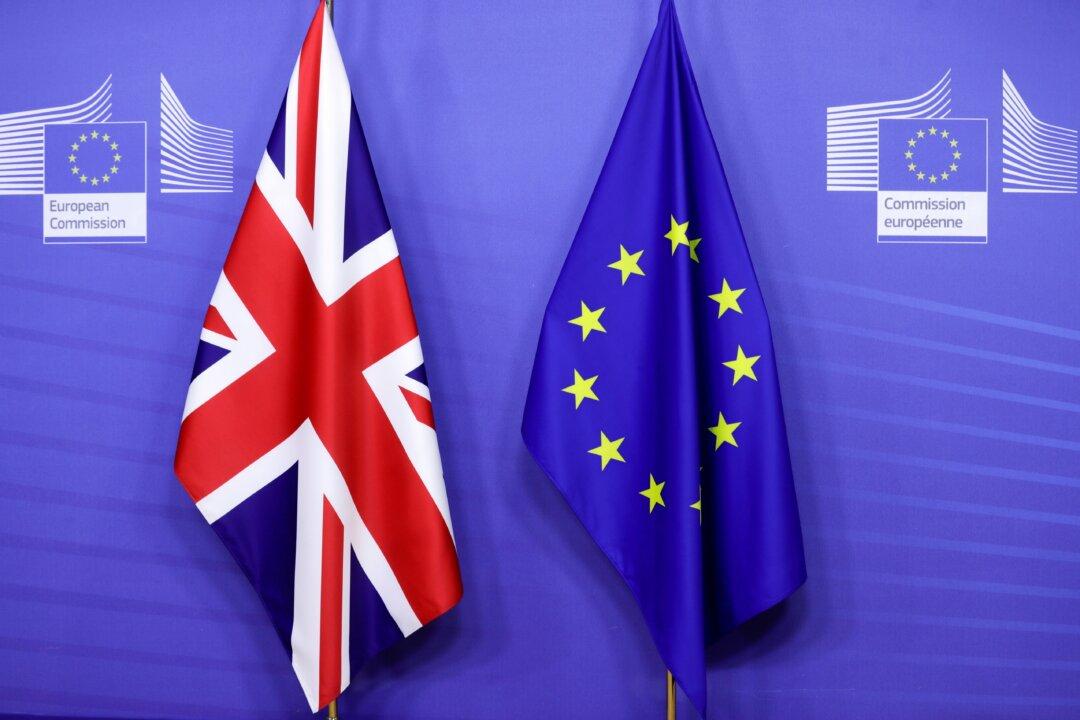LONDON—British Business Secretary Kwasi Kwarteng said on Thursday the European Union had been inflexible over renegotiating the Northern Ireland part of the Brexit divorce accord and cautioned Brussels that it was not a deal that would last for ever.
“A deal is a deal but it wasn’t something that was going to last forever,” Kwarteng told Sky. “It was something that was flexible and we want to make it work more smoothly.”





